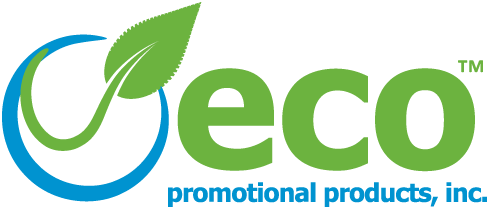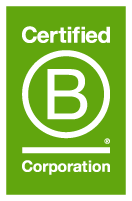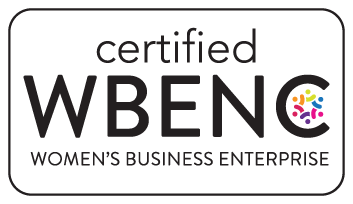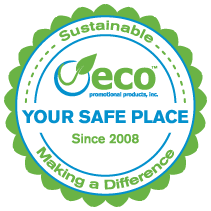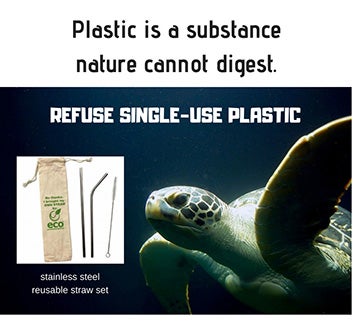Will Banning Straws Save the Planet? Maybe Not, But it has Started an Important Conversation
Some of the most wasted plastic items are actually not needed at all. One example; when it comes to consuming beverages, straws are completely unnecessary except for a small number of people with certain medical conditions. According to the National Park Service, Americans alone use 500 million straws daily.
When research exposed the negative environmental impact of producing single-use plastic bags and the harm they do to everything from wildlife to plumbing when discarded, an international movement of plastic bag bans began. Continued research has shown single-use straws are causing similar damage. A 2015 viral video showing scientists removing a straw embedded in a sea turtle’s nose brought awareness to the negative affect straws have on marine life.
Although plastic straws are generally made from recyclable plastic, most recycling facilities are unable to process them for recycling due to their small size. That means they end up in landfills, or in the case of coastal towns, they frequently end up in lakes and oceans polluting the water and harming marine life.
Following in the footsteps of coastal cities like Malibu, Cali., Seattle, Wash. and Vancouver, Canada, which were among the first North American cities to implement bans on single-use plastics, major food and beverage retailers are following suit. Earlier this month Starbucks announced it will eliminate single-use plastic straws from its stores by 2020. Other big names implementing straw bans include Alaska Airlines, Norwegian Cruise Lines, Sea World, U.S. Cellular Field, home of the Chicago White Sox, Eataly and Lettuce Entertain You restaurants.
Some argue that straws are a low-hanging fruit when it comes to plastic pollution. But the hope is that changing peoples’ straw habits will have a trickle down effect. In a highly informative Vox.com article, Dune Ives, the executive director of Lonely Whale, the organization that led the straw ban movement in Seattle said, “Our straw campaign is not really about straws. It’s about pointing out how prevalent single-use plastics are in our lives. Putting up a mirror to hold us accountable. We’ve all been asleep at the wheel.”
As an individual, what can you do? The easiest thing of course, is to stop using disposables. Skip the straw when dining out. Tell restaurant servers you do not need a straw before they bring one. If you must drink out of a straw or it’s your preference, invest in reusable straws. Eco Promotional Products offers a number of different branded stainless steel straws and straw sets to show an organization’s commitment to going strawless. Stainless straws are easy to keep clean and can last a lifetime. The plastic reusable drinking straws are BPA free, American made and dishwasher safe.
Commit to skipping straws by signing a pledge at Plastic Pollution Coalition’s The Last Plastic Straw website and continue to share the movement on social media with hashtags #NoPlasticStraws and #PlasticPollutes.

